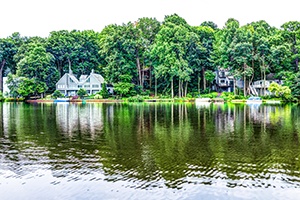 Summer is coming to an end. For some, that means it’s time to prepare the summer house for winter, put items into storage, and say goodbye until next Spring. The checklist below will help you remember what you need to do to ensure that your home is safe and secure until next year.
Summer is coming to an end. For some, that means it’s time to prepare the summer house for winter, put items into storage, and say goodbye until next Spring. The checklist below will help you remember what you need to do to ensure that your home is safe and secure until next year.
Outside Preparation
- Clean and store boats, dock ornaments, ladder, life jackets, and ski equipment.
- Clean and winterize lawnmower and other gas-powered yard equipment.
- Rake and remove leaves within at least 30 feet from the structure.
- Look for air leaks around electrical wiring, dryer vents, pipes, windows and doors; seal leaks with caulk or insulation to keep out cold air and pests.
- Insulate pipes in crawl spaces by wrapping them with heat tape or thermostatically- controlled heat cables. Open cabinet doors to allow heat to get to un-insulated pipes under sinks and appliances near exterior walls.
- Clean gutters and inspect roof for shingles that are raised or cracked - leaking roofs and clogged gutters can lead to significant water damage.
- Take in dock and boat hoists. Remove hoist motor and electric line.
- Turn off outside pump breaker, hoist motor breaker, dock light breaker.
- Store outdoor furniture.
Inside Preparation
- Set thermostat at the appropriate temperature. If you have the heat on during the winter, set the thermostat no lower than 55 degrees.
- Clean furnace filter to maintain an efficient heating and cooling system and reduce the risk of fire.
- If you shut off the refrigerator, leave the door cracked open to prevent musty smells from developing. Also, unplug computers, televisions, and major appliances to prevent damage in the case of a lightning strike.
- Pull shades, or cover furniture, to keep them from being bleached by the sun.
- Put mothballs or dryer sheets near linens.
- Take out all perishable foods; store those that remain in air-tight/critter tight containers. Remove canned goods so they don’t freeze.
- Turn off dehumidifier and hot water heater.
- Close damper for fireplace. Seal box to prevent critters from entering.
- If you don’t heat in winter, drain the pipes by attaching a hose to the lowest point in the plumbing, then blow out all water with an air compressor.
- Winterize washing machine and kitchen appliances.




